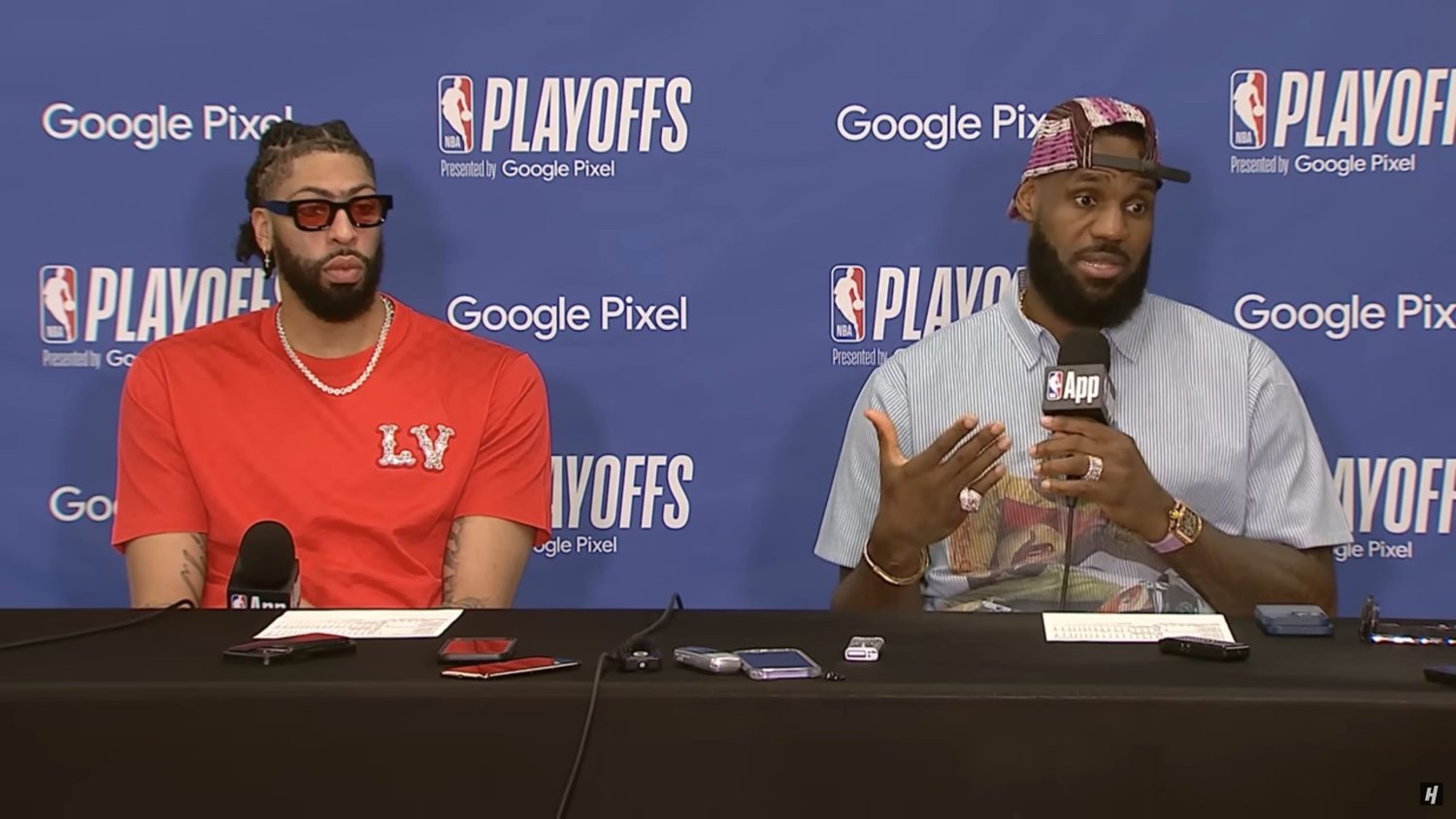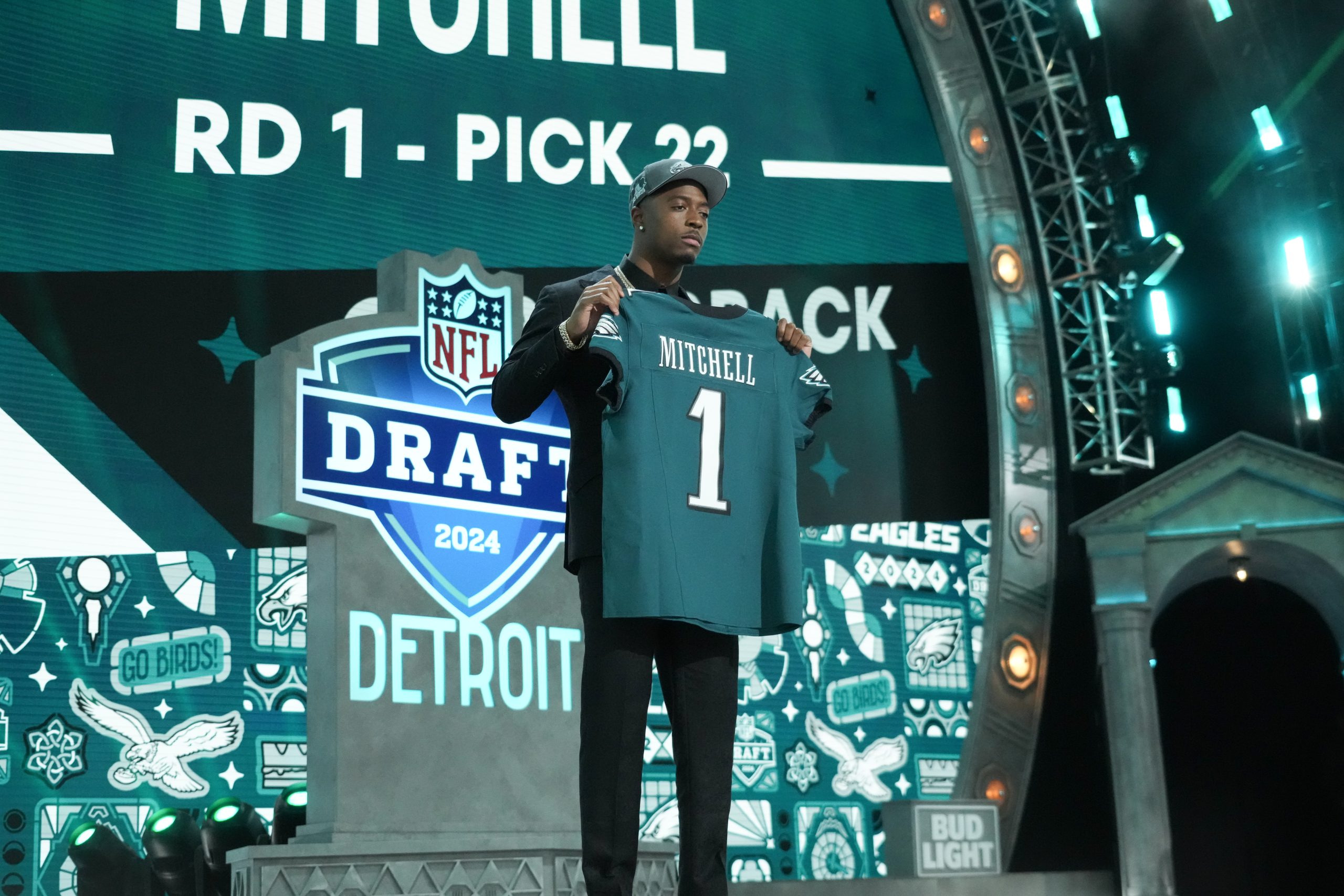Major League Baseball implemented the PitchCom Communication System this season to help prevent sign-stealing, but ESPN brutally negated its purpose by airing the pitch selections during their Sunday Night Baseball broadcast.
PitchCom allows a catcher and pitcher to communicate pitch requests without the use of hand signals. Instead, the catcher has a keypad that transmits an audio signal into the pitcher’s hat. Infielders also have the option of using PitchCom to stay aware of what pitch is coming next, which proved to be troublesome Sunday night.
During ESPN’s broadcast featuring the Red Sox and Baltimore Orioles, Boston shortstop Christian Arroyo was mic’d up for a live in-game interview with the Sunday Night Baseball announcing crew. But as the interview was taking place, an automated voice could be heard saying, “four seam fastball up in zone, four seam fastball inside.” On cue, Red Sox pitcher Nick Pivetta brushed Orioles hitter Austin Hays off the plate with a fastball up and in.
ESPN was airing PitchCom audio during Sunday Night Baseball interview pic.twitter.com/5xoV5c7cAY
— Brandon Contes (@BrandonContes) August 22, 2022
PitchCom is supposed to provide a pitcher with the security that their pitch selections are not going to be picked up by the opposition. It’s safe to say ESPN using PitchCom to inadvertently broadcast a team’s pitch selections on national television would be the opposite intent of the communication system. After multiple pitch selections were broadcasted by ESPN, play-by-play voice Karl Ravech acknowledged the potential issue, cluing Arroyo in to what the audience was hearing.
“We have this real interesting, and I don’t know if we’re comfortable with it or not, but you can hear the PitchCom through your microphone,” Ravech admitted.
“Can you?” Arroyo asked. “Oh goodness. Let me turn that down.”
“You have volume? You can turn that down a little bit?” Ravech asked. “I’d be more comfortable not having that go out across the air.”
In-game interviews are a growing trend in baseball, with Fox and ESPN both micing players up to chat with the booth from the field during national broadcasts. The practice has largely been lauded, as players have been surprisingly relaxed during these interviews to provide fans with unique in-game access.
PitchCom and in-game interviews are both designed to enhance Major League Baseball’s product, but the merging of those two technological advances proved to be too much for ESPN to handle. Credit Ravech for recognizing the potential issue, however, and stepping in to at least acknowledge what the audience was hearing.
[ESPN]







